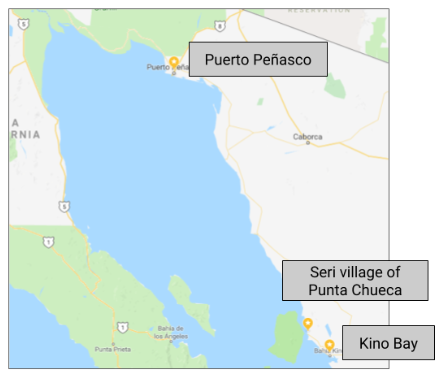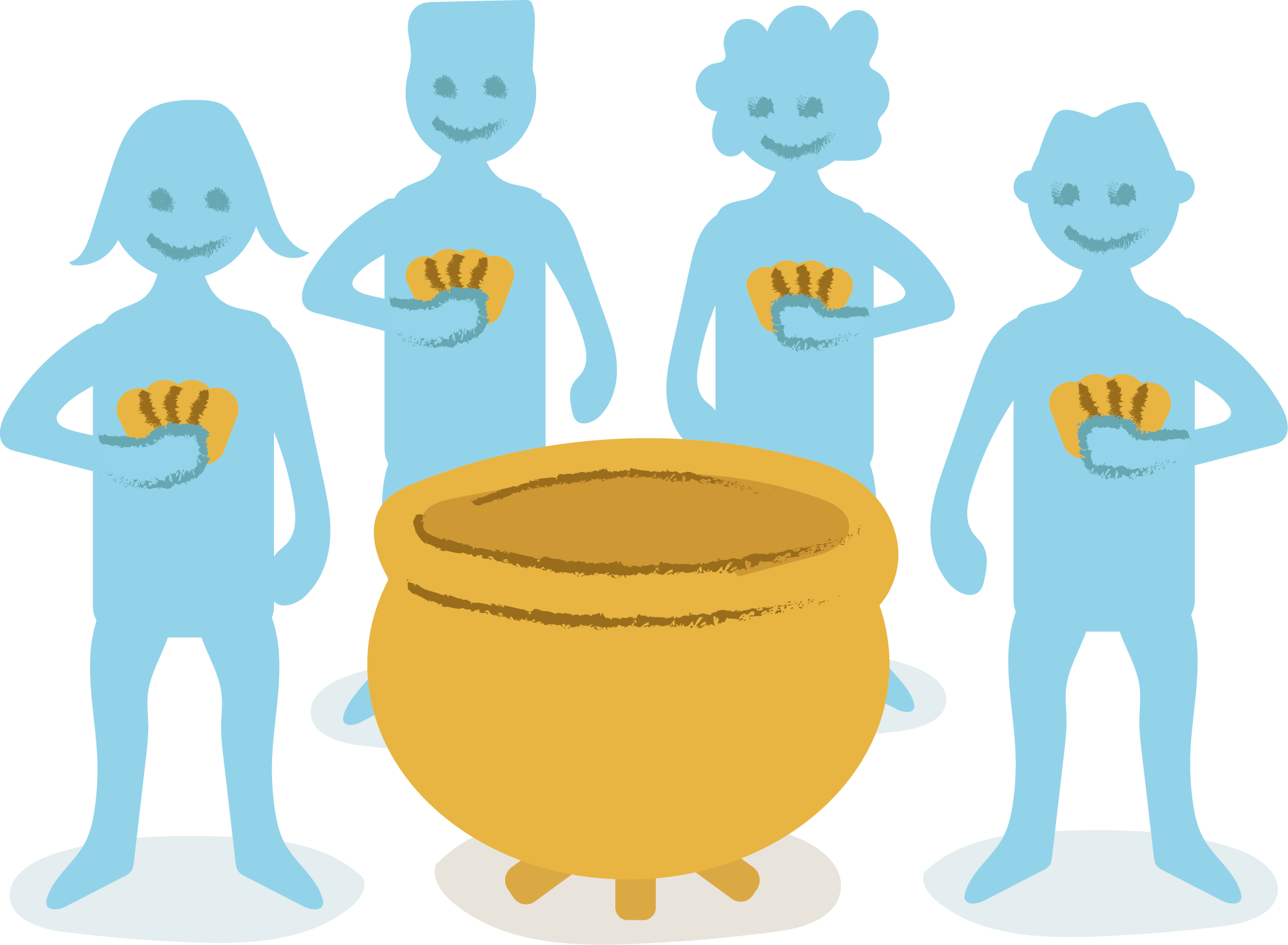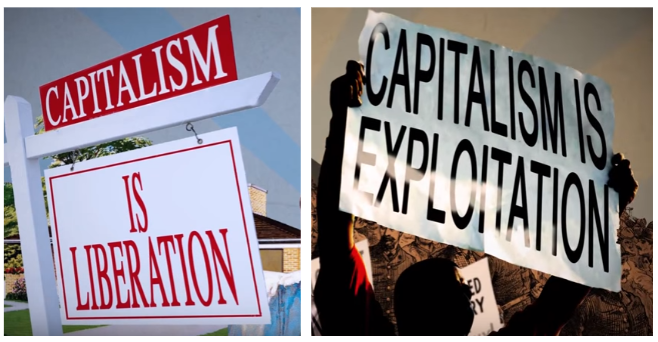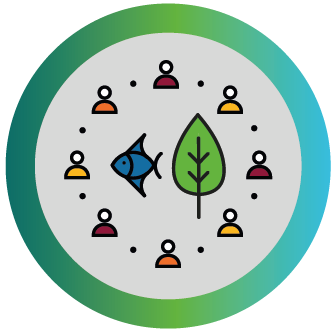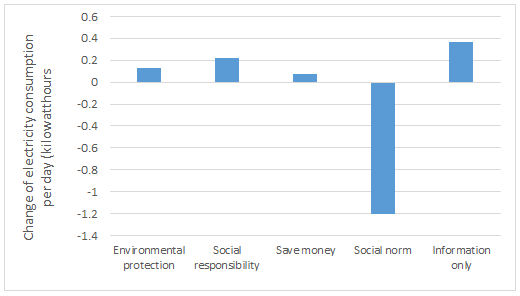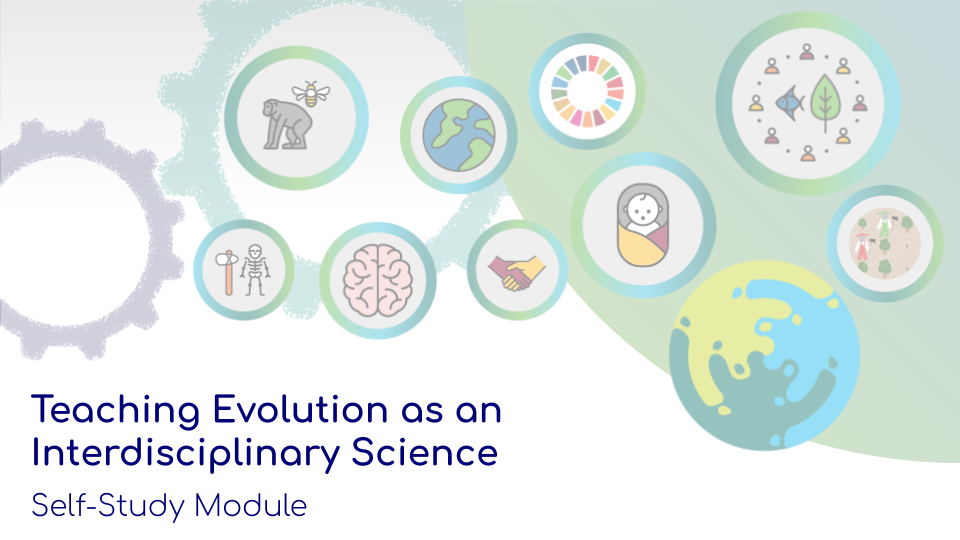Students compare the stories of three Mexican fishing villages to understand the factors that enabled some villages to sustainably manage their fishing resources, while
Subject Area: Economics
With these teaching materials, students can be introduced to game theory in general, as well as a concrete method, the public goods game. The
Students explore two contrasting stories about the benefits and failures of capitalism, identify the moral intuitions behind each story, and write a third story
In a classroom simulation game with changing conditions students develop strategies for the use of a common resource so that the profit for the
A set of behavioral experiments to find out what motivates people to save electricity, exploring the roles of monetary incentives, social norms, appeals to
This model introduces the concept of resource use efficiency into the evolution of resource use behavior.
An interactive introduction into concepts of ecology, behavioral ecology, and sustainability with a computer simulation of a simple social-ecological system.
This topic is about the (further) development of agent-based models with the NetLogo software and associated teaching materials and their implementation and evaluation in

